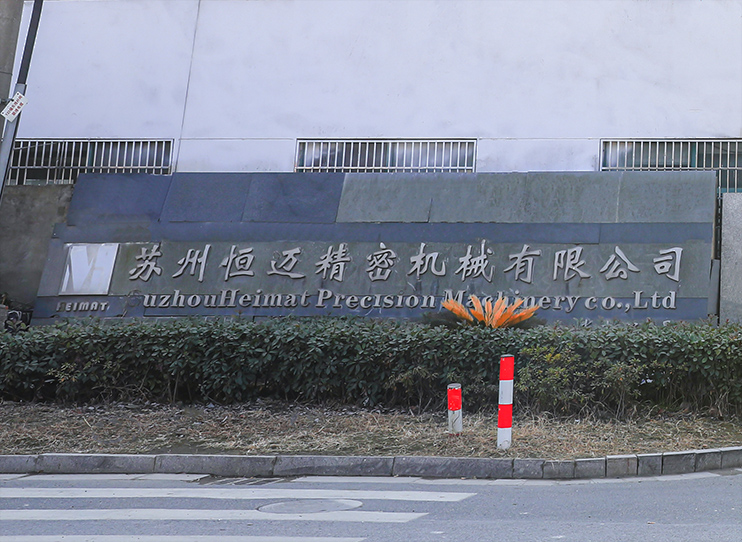Customized castings and forgings are metal parts manufactured according to specific customer requirements. Customized castings are typically manufactured through casting processes, and forgings are produced through forging processes.
Castings are parts formed by pouring molten metal into a mold and allowing it to solidify during the cooling process. Customized castings can be manufactured through various casting processes such as sand casting, die casting, investment casting, etc. The advantages of castings are we can produce complex shapes with high dimensional accuracy and large-scale production.
Forgings are parts formed by forging a metal blank after heating. Forging can improve the mechanical properties of metal material, enhancing the strength and toughness of the part. The advantages of forgings are they can improve the ability to produce complex shapes with high dimensional accuracy and improve the mechanical properties of metal. Casting is relatively inexpensive and suitable for manufacturing complex blanks, such as boxes, machine tool beds, etc. Forgings are more applicable in cases where higher quality and strength are required, such as key components of large machinery and equipment.



With the development of modern industry and the ever-changing consumer demands, customized die-cut products, as a unique product form, are gradually entering th...
View MoreIn modern manufacturing, Precision Sheet Metal Fabrication is a fundamental and critical technology widely used in various industries, including electronics, au...
View MoreIn today's world, where automation equipment is constantly evolving towards higher precision and stability, customized automation equipment parts are gradually ...
View MoreIn modern manufacturing systems, High Precision CNC Machining Parts have become an indispensable basic component of high-end industrial products. Whether for ap...
View MoreIn the vast starry sky of the manufacturing industry, casting and forging products exist as a cornerstone, supporting the steady development of many industries. With the rapid advancement of science and technology, the production process of casting and forging products has also ushered in unprecedented innovations and improvements. These changes have not only improved the performance and quality of products, but also promoted the transformation and upgrading of the entire manufacturing industry.
In recent years, the rise of digital and intelligent technologies has brought revolutionary changes to the production of casting and forging products. By introducing advanced technologies such as computer-aided design (CAD), computer-aided manufacturing (CAM) and computer-aided engineering (CAE), enterprises can achieve precise product design, visualization of production processes and optimization of process parameters. In addition, the application of intelligent manufacturing systems, such as the Internet of Things (IoT), big data analysis and artificial intelligence (AI), makes the production process more flexible and efficient, and can monitor the production status in real time, predict and solve problems, thereby greatly improving production efficiency and product quality.
As a highlight in the casting field, the development and application of precision casting technology has greatly enriched the types and performance of casting and forging products. By adopting high-precision molds, optimizing the melting process, and strictly controlling the pouring and cooling process, precision casting technology can produce castings with high surface quality and good dimensional accuracy. This not only meets the strict requirements of high-end fields such as aerospace and automobile manufacturing for parts, but also promotes the development of the casting industry to a higher level.
In the field of forging, the emergence of isothermal forging and superplastic forming technology has made it possible to produce complex shapes and high-performance parts. Isothermal forging technology effectively reduces the thermal stress and structural inhomogeneity of the metal during deformation by maintaining a constant temperature throughout the forging process, and improves the mechanical properties and dimensional accuracy of the forging. Superplastic forming technology uses the superplastic properties of materials under specific conditions to achieve crack-free forming under large deformation, opening up a new way to manufacture complex structural parts.
Faced with increasingly severe environmental problems, green casting and forging technology has become a new trend in the development of the industry. These technologies aim to reduce energy consumption, waste emissions and the use of hazardous substances in the production process, and achieve resource recycling and sustainable development of the environment. For example, adopting energy-saving smelting equipment, optimizing cooling systems to reduce water consumption, and implementing waste classification, recycling and reuse are all important components of green casting and forging technology.
The application of 3D printing technology in the production process of casting and forging products has opened a new chapter. By stacking materials layer by layer, 3D printing technology can directly produce parts with complex shapes and high precision without traditional molds and processing equipment. This not only shortens the product development cycle and reduces production costs, but also greatly broadens the design freedom. In the field of casting and forging, 3D printing technology can be used to make prototypes, complex molds, and directly produce small batches of high-precision parts, providing more possibilities for the production of casting and forging products.
With the continuous development of technology, the production process of casting and forging products is undergoing profound innovation and improvement. These changes not only improve the performance and quality of products, but also promote the transformation and upgrading of the entire manufacturing industry. In the future, with the further integration and application of technologies such as digitalization, intelligence, and greening, the production process of casting and forging products will be more efficient, environmentally friendly, and intelligent, providing more solid support for the development of all walks of life.